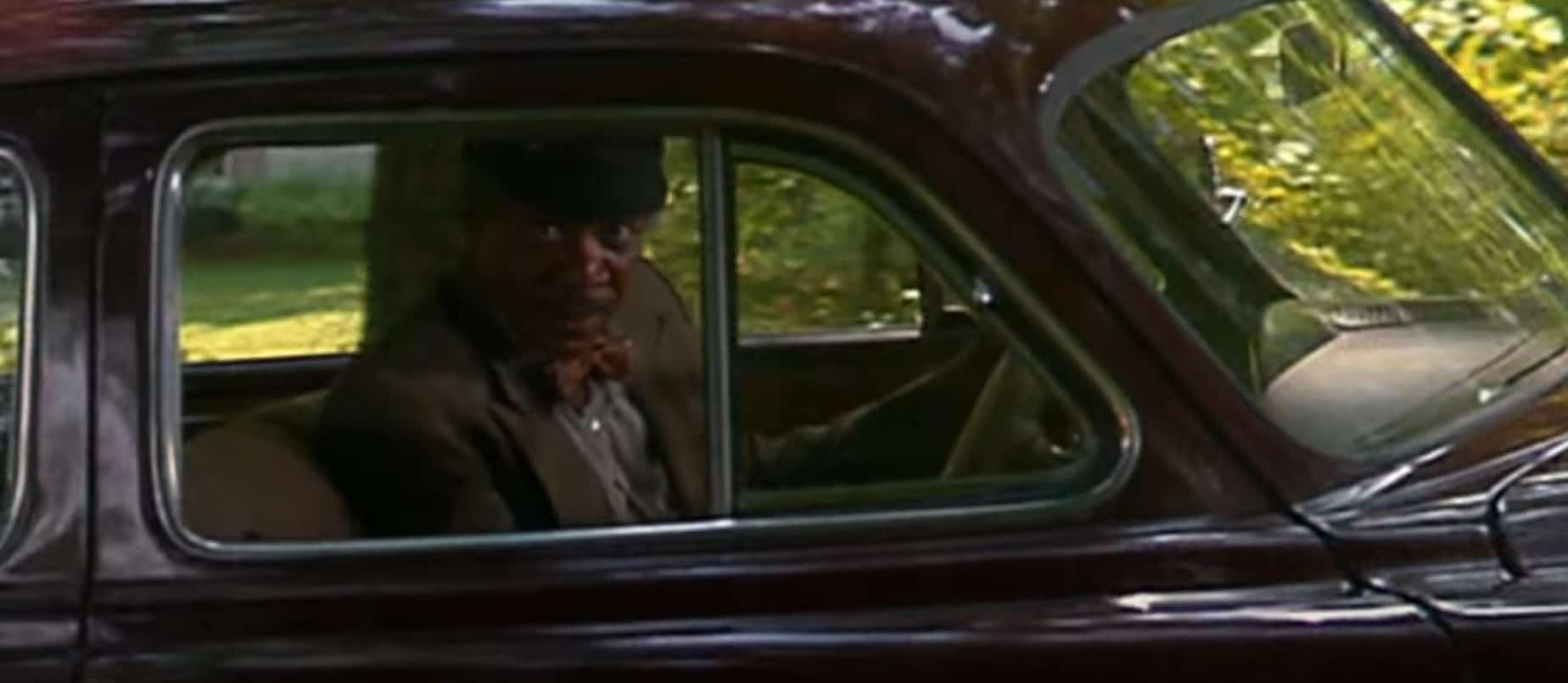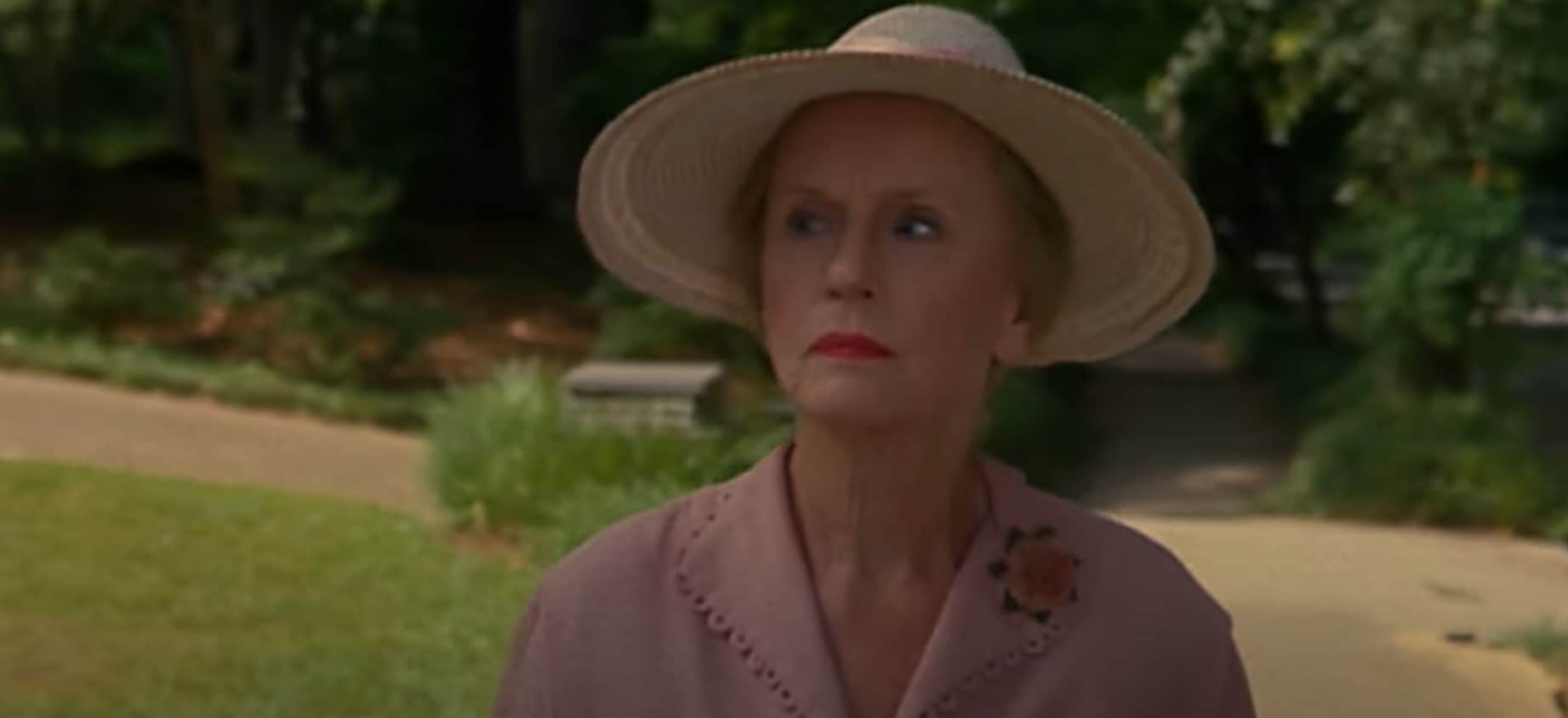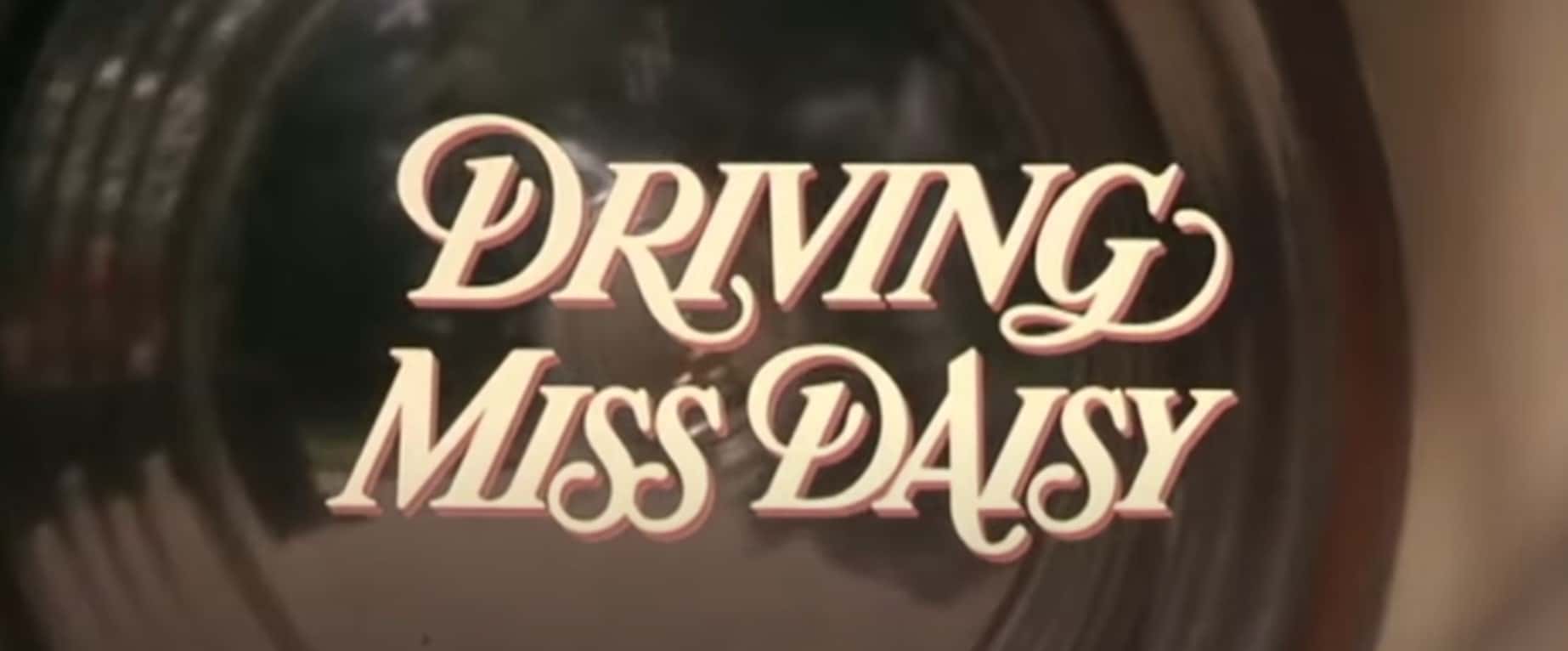The 1989 Bruce Beresford film Driving Miss Daisy became the first movie based upon an off-Broadway show to earn Best Picture, along with Jessica Tandy becoming the oldest winner for Best Actress. These aren’t controversies; those are achievements that back in their time, are comparable to many other things, like the fact that that Best Picture winner didn’t get a Best Director nomination.
But setting those attributes aside, Driving Miss Daisy is enmeshed in a controversy that still resonates today, and that’s the focus of today’s post. You see, this movie centers around the story of an elderly white Southern woman and her African American chauffeur in the 1950s when the Civil Rights movement was nothing as we know it today.

Driving Miss Daisy Won The Oscars
Driving Miss Daisy received so much praise —critics and awards-wise— because it put on the screen the relationship between the two main characters, a white woman and her black driver. Think of “Green Book” with Viggo Mortensen and Mahershala Ali but in a different setting.
The depiction of how race relations in the American South during the 1950s and 60s in that movie drew sharp criticism. And stemming from that comes the controversy as to whether or not the Academy gave Driving Miss Daisy the Oscar for public relations or based on merit.
All that in a moment when the debate about the deeper problem within the Hollywood establishment concerning representation was present. Remember “Oscars Too White”? Well, this is its predecessor from the late 1980s.
Cultural and Political Context
Driving Miss Daisy’s release took place in a very troubled time, both within and outside its historical setting. The 1980s saw an increase in racial tension in America, with a surge in racial tensions, the crack epidemic in the inner cities fueled black-on-black and black-on-white crime, and numerous incidents of police brutality against African Americans were abundant in the media.
This sociopolitical context inevitably influenced the portrayal of race relations in the South. And Hollywood being the echo chamber that it is, any narrative set in that time and place faced scrutiny in its handling of racial themes: Think of movies like “The Color Purple”, and “Boyz N’ The Hood”, movies that showed the problems within black America.
Also Read: Independence Day Filming Locations: Where is the Classic Movie Filmed?
The Deep South And Black America
Driving Miss Daisy wanted to depict Georgia in the 1960s alongside the Civil Rights Movement. And it did so by giving us a glimpse of Southern life during a time when Blacks wanted social and political equality.
So, this film inevitably delved into racial politics. Does the film’s narrative gloss over the racial divide of the time? Or does it bluntly portray white Americans and black Americans as irreconcilable antagonists by employing dialogues between the main characters covering the era’s pressing issues?

Nominations and Competition that Year
The 1989 Oscars were full of films that tackled race relations and social conflicts, but they did so in different ways. Among them were Glory, a historical drama centered on an African American military unit during the Civil War; Do the Right Thing, Spike Lee’s controversial depiction of racial tensions in a Brooklyn neighborhood; and Oliver Stone’s “Born on the Fourth of July,” an anti-war film featuring Tom Cruise.
While Glory got nominations and won in three categories, Do the Right Thing only secured nominations for Lee’s Original Screenplay and Danny Aiello’s Supporting Actor performance, a result many considered a glaring snub.
But back to Driving Miss Daisy, a movie that had the least nominations among the Best Picture nominees that year, tells us that the choice may have been surprising to many in the industry. If the Academy wanted to honor a movie about race relations, looking at history tells us that Miss Daisy wasn’t the top choice of candidates covering that topic that year.
Driving Miss Daisy Wins The Oscars
Addressing the Controversy
Take into account the competition and the setting, as I’ve told you earlier, as well as the cultural sensitivities and the current political climate. Was the Academy’s decision to award the Best Picture Oscar to Driving Miss Daisy fair?
While the movie did enjoy strong critical reception and box office success, the question remains: did it merit the most coveted Oscar of the night?
It is essential to take into account the criticism surrounding the movie’s handling of race relations. In light of other films released that year that were more candid about the racial tensions of the time, the Academy’s decision to honor Driving Miss Daisy seems to lack complete justification.
Also Read: Is Population Zero Based on a True Story? Explained




